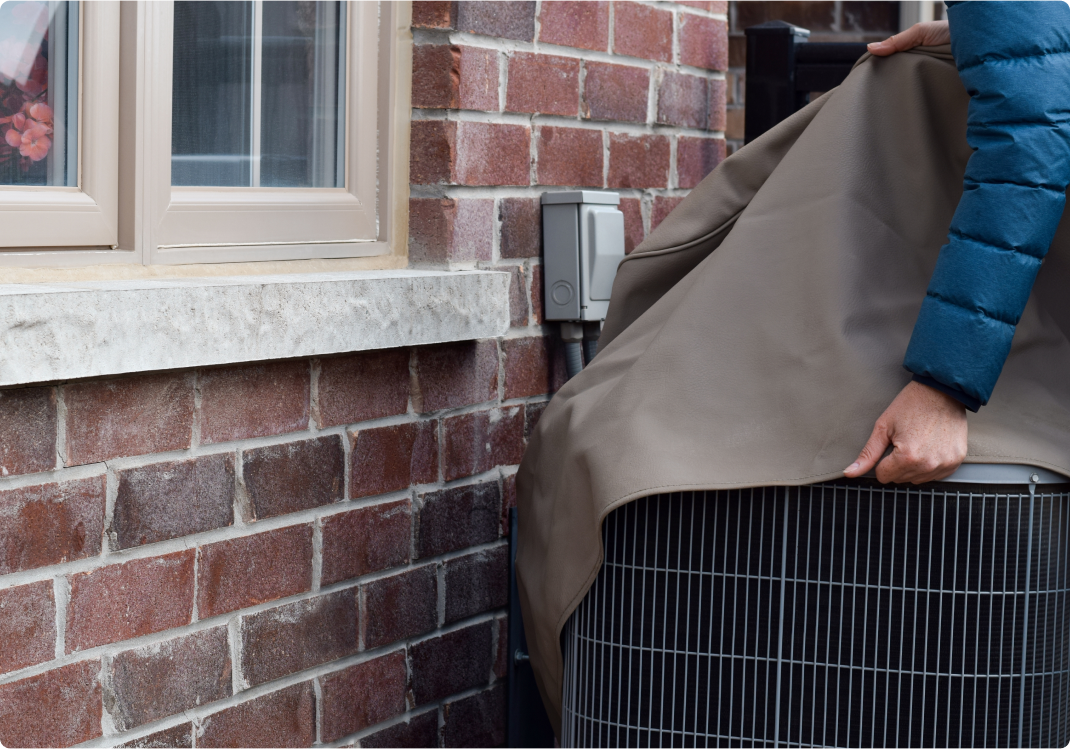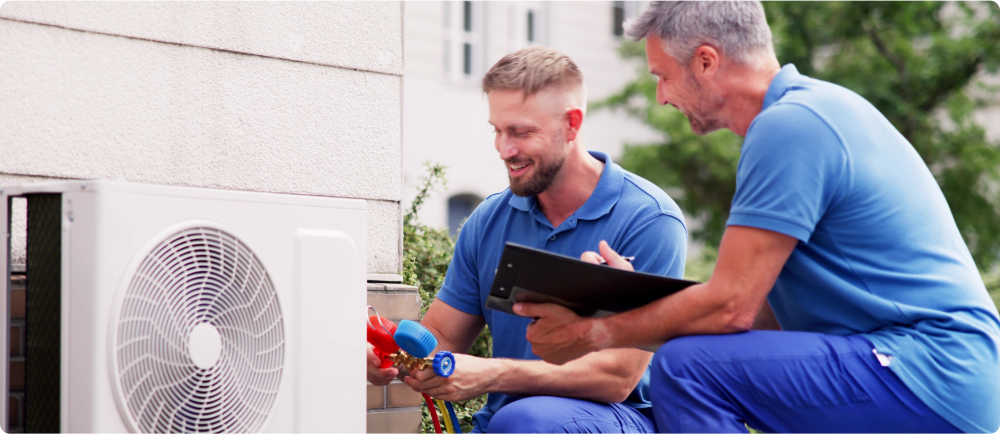Don't Let Pests Wreak Havoc on Your AC

Mice and other critters can make you lose your cool. Here are some tips for air conditioner pest control.


Mice and other critters can make you lose your cool. Here are some tips for air conditioner pest control.
You count on your home’s air conditioning system to keep you cool during the summer heat. It’s important to and get seasonal HVAC tune-ups to help keep it running smoothly. That includes AC pest control—having it inspected and protected from pests, like rodents and snakes, that can damage your system.
Whether they crawl, slither, gnaw or build mounds, pests can tamper with your air conditioning system, both inside and outside your house.
Mice are small and flexible enough to get into many tight spaces, including air ducts. The Centers for Disease Control (CDC) warns that mice can squeeze through a hole as small as a nickel and that rats can get through a hole as small as a half-dollar. It’s critical to know how to keep mice out of your air conditioner.
Rodents in air ducts and vents pose health risks to humans. Some people can have allergic reactions to mouse and rat dander, urine or droppings. Wild rodents can also carry a variety of pathogens that may cause diseases, so it’s important to carefully check your AC system for any signs of their presence or have a professional pest control technician inspect it.
A dead mouse in the ductwork could also be the source of a foul odor that lingers or worsens when the AC unit is in operation. Dead mice may even have to be removed before the situation improves.
Snakes can slither into exterior air vents if they fit through the vent, a crack or a hole in the screen. This is not the most common air conditioning problem but you should still keep snakes away from your AC unit and HVAC system.
Sprinkle sulfur powder — a snake deterrent — around the edges of the yard.
Thinking about coverage?
Security for your home. Protection for your budget.
AC pest control is all about preventing outdoor critters and nesting insects from accessing and damaging the AC unit — or interfering with the wires and lines that connect to it. It’s key to keeping the system in good working order.
Here are some simple air conditioner pest control habits to get into:
If you do find a dead mouse in your ductwork or a pest infestation in your AC unit, call a professional pest control service ASAP.

American Home Shield® warranties cover repair or replacement of your AC unit due to normal wear and tear. But if your AC unit fails due to interference by mice, snakes or other pests, AHS warranty protection will not cover the damage. So, paying attention to AC pest control now can help avoid expensive repairs later.
American Home Shield provides home warranty services you can count on. Our home warranty plans cover up to 23 major components of systems and appliances including your AC, heating, plumbing, refrigerator, oven, stove and more. We’ll send a qualified Pro to your home to make the covered repair, help protect your wallet from unexpected expenses, and help you keep your home running smoothly.

AHS assumes no responsibility, and specifically disclaims all liability, for your use of any and all information contained herein.
Have a plan for your home when things don't go according to plan
Shop Home WarrantiesStaging